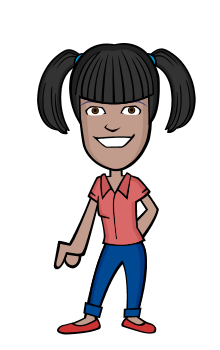
"You can discover more about a person in an hour of play than in a year of conversation."
— Plato, 428-348 BCE
Sure, the Greek philosopher said this Before the Common Era, but Plato knew what he was talking about. Play is powerful.
Sports, games and activities connect kids. They eliminate differences, break down social barriers and provide a sense of equality. Because when you're racing across the soccer field, trying to steal the ball away from the other team, you're not thinking about the other players' religion, race or their gender. You're passing, scoring, playing.
That's why we use games, sports and activities as a tool to create sustainable change. Our programming captures children's interest, engages their minds, makes lessons memorable and inspires teamwork and communication. Play expands the way kids think. It changes the way they behave. And the one million children in our programs receive this type of awareness and knowledge about education, health and peace-building, every single week.
Take our educational game for eight year olds, titled: What We Know that teaches children about their right to an education. Here's how it works:
The children are split into groups of four and each team is given a big piece of paper. One child lies on top of it; the rest trace their body. When the outline is complete, the children give their "new kid" a name.
Then, the children draw all of the things they are good at—like: a ball to show their physical abilities, mathematical numbers to symbolize their mental aptitude and a smiley face to highlight their personal attributes—on the silhouette of the drawing. Next to these icons the children write how and where they learned each skill.
The children introduce their "new kids" to the larger group and identify the differences between each one. They talk about the variety of places each "new kid" learned their skills. They explore what it means to have the right to attend school and the positive impact a formal education has on the trajectory of their future. For most of these children this is brand new, life-changing thinking. It's supplemented with a plan—one the children determine, complete with the steps they need to take to help themselves and other kids realize their right to an education.
And it works.
Because once they know and have the insight and tools to put our play-based life lessons into action, they can shape their future. That's how sustainable change begins. After all, children are the change-makers of the world. And the way we have them playing is powerful.



